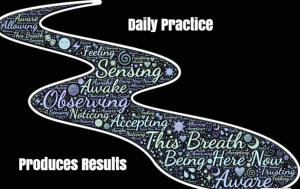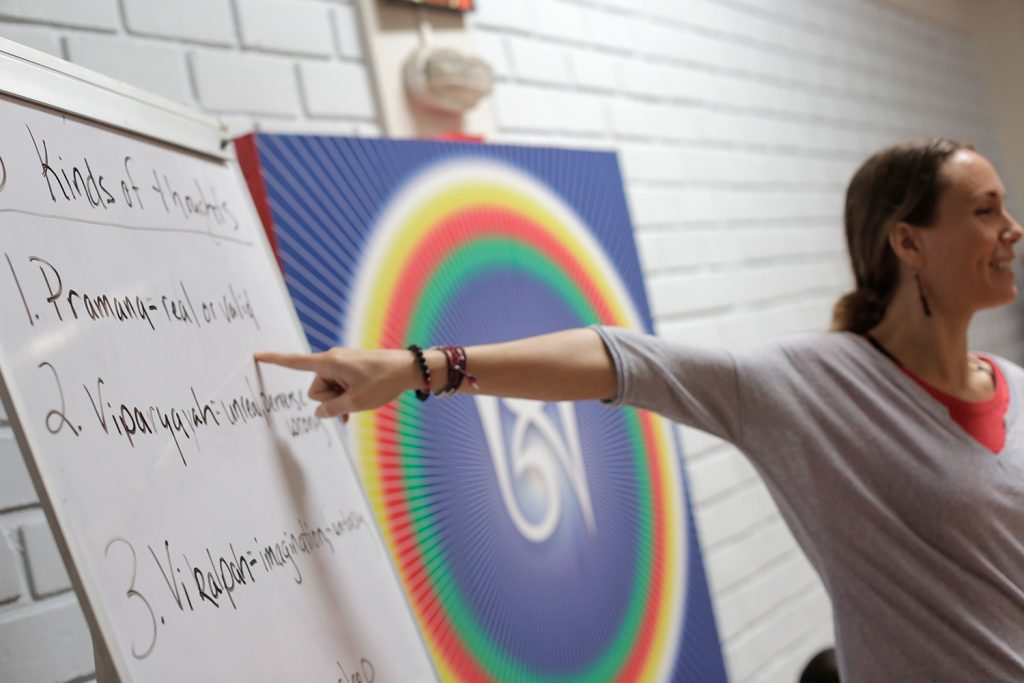Since antiquity, traditional Yoga instruction was from teacher to student on a face-to-face basis. It was relatively easy to choose a qualified yoga instructor. As early as the 1980s, things began to change. Due to popularity in the Western Hemisphere, offering a limited version in a class format became common. Expertise — or a lack of it — was harder to discern.
Serious students know that the more advanced practices of Yoga are still best taught when undertaken one on one. Sadly, that depends on being fortunate enough to find a competent teacher who is willing and able to instruct in that manner.
Any serious student seeking qualified instruction should avoid any Yoga teacher who views this science as a money-making venture. It is not meant as a hobby or a casual exercise regime. Beginners need to beware of someone who reads a few books or takes a couple introductory courses, and then decides to become a teacher.
Sufficient time under the constant supervision of their own personal Yoga teacher is necessary before one should begin instructing others. Entering into this relationship between teacher requires serious commitment and dedication.
7 Qualities of a Qualified Yoga Teacher
There are qualified instructors, but they have to sought out. When choosing a qualified Yoga teacher, look for certain minimum requirements, ones they should demand of their student. Seven of the most basic prerequisites follow:
- Daily practice of Yoga postures (asana), breathing (pranayama), and meditation. These requirements help the student to make progress, along with maintaining the strength and health necessary for the extraordinary demands of practice.
- Regular and frequent contact with a teacher is necessary simply because it’s impossible to work effectively in a vacuum. No one becomes so advanced in their practice that they do not need guidance and support.
- Study of important Yoga texts. This includes, but isn’t limited to, Patanjali’s Yoga Sutras, the Hatha Yoga Pradipika, and the Bhagavad Gita.
- The practice of ethical behavior which includes the five yamas:
- Nonviolence
- Truthfulness
- Non-stealing
- Periods of celibacy
- Non-hoarding
… and the five niyamas:
- Purity
- Contentment
- Tolerance
- Study
- Remembrance
Note: The yamas and the niyamas are the first two of eight limbs of Patanjali’s system of classical Yoga which are integral to advanced practice.
- A healthy vegetarian or vegan (plant-based) diet. Although no requirement exists that students must adapt a vegetarian/vegan diet to practice, a Yoga teacher must conform to stricter standards.
Someone who is taking responsibility for teaching others how to use meditation techniques must have developed a compassionate and nonviolent attitude. A vegetarian or vegan diet discourages harm to animals.
It goes without saying that a teacher should not smoke or use drugs (other than prescription medication) or misuse alcohol.
- Training in basic anatomy and the effects of Yoga techniques on the body are very important. A teacher must be able to vary certain routines according to each student’s ability. They need to know how to coach and advise students with common medical conditions such as hypertension, arthritis, back problems, and other disorders.
They should also be able to recognize when a student needs professional, psychological, or psychiatric counselling.
- The teacher must have the capability to distinguish Yoga from religion and to teach their students the same. Yoga is a systematic science of nonreligious, transcultural techniques which can help the practitioner to develop greater self-knowledge and awareness.
The texts of Yoga are not scriptures. They are directives, or guidelines of how to use the techniques safely and what type of experiences to expect.
Seek a good solid base in proper practice while under the direction of a qualified teacher. Read and study about Yoga practice and philosophy. Build strength, awareness, and health, including the adaption of a vegetarian or plant-based diet.
If inclined to advance and become a teacher, remember that teaching is hard work and takes years, not a short course. Attempting it without being in top condition physically, mentally, and emotionally will do a disservice to all involved.
